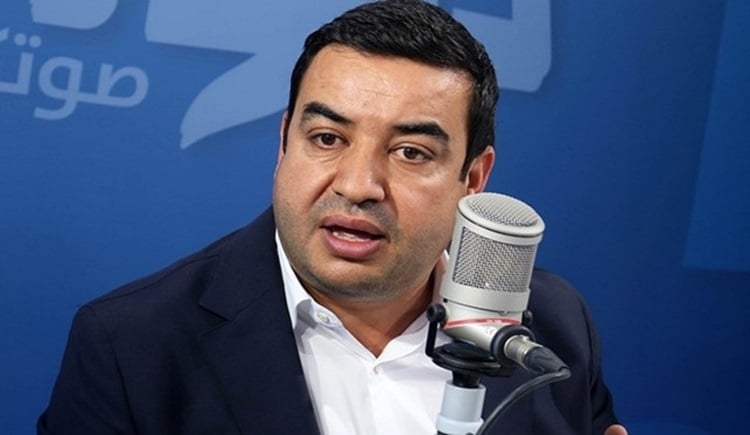Tunisia: Presidential candidate for 12years imprisonment

A Tunisian presidential candidate, Ayachi Zammel, has been hit with a 12-year prison sentence, just days before the country’s impending election. The shock verdict comes amidst a tense political climate, as the sitting President, Kais Saied, aims for a landslide victory and tighter grip on power.
Despite the sentencing, Zammel remains in the race for the presidency, along with Zouhair Maghzaoui and Saied himself. The Tunisian electoral commission, ISIE, had previously rejected the applications of more than a dozen potential candidates, leaving a mere three contenders in the running.
The timing of Zammel’s prison sentence is highly suspect, with critics alleging foul play and accusing Saied of attempting to quash political opposition. This comes as no surprise, given the President’s controversial power grab in 2021, when he dissolved the parliament and stripped the country’s nascent democracy of its checks and balances.
For many Tunisians, Zammel’s arrest underscores the mounting threats to the country’s democratic institutions. With voter turnout expected to be low, many have expressed doubts that the election will be free and fair.
Zammel’s arrest has also brought renewed attention to the fragile state of Tunisia’s economy. With high inflation and widespread unemployment, many citizens are disillusioned with the government’s failure to address their needs.
Against this backdrop of economic hardship and political repression, the country’s citizens must decide whether to cast their vote in a potentially flawed election or risk losing their voice altogether.
As the election approaches, it remains to be seen how the international community will respond to the Tunisian government’s actions. With democratic institutions under attack and human rights at stake, some have called for sanctions or other measures to hold the government accountable.
Yet, for Tunisians, the choice is more immediate. They must choose between exercising their right to vote in the face of uncertainty or staying home in protest, knowing that doing so could cement Saied’s hold on power and signal the end of Tunisia’s brief experiment with democracy.
Regardless of the outcome, the current crisis in Tunisia reflects a broader struggle playing out across the region. From Egypt to Libya, the Arab Spring’s promise of democratic transformation has been met with fierce resistance from entrenched autocrats and the global powers that support them.
For the people of Tunisia, the upcoming election may not just be a choice between candidates, but a choice between democracy and dictatorship, between hope and despair.
As the world watches, one thing is certain: Tunisia’s fate will have far-reaching implications for the future of democracy and human rights not just in North Africa, but across the globe.
The history of Tunisia is one of triumph and tragedy, from the heady days of the Arab Spring to the current struggles for political and economic stability. Amidst the turbulence, many Tunisians are beginning to wonder if the country’s revolution was merely a mirage, a fleeting glimpse of freedom before returning to the same old patterns of authoritarianism and corruption.
For those who still believe in democracy and human rights, the answer may lie in the power of grassroots organizing and collective action.
References and Citations:
- Al-Jazeera – Tunisia reportedly jailpresidential candidate Ayachi Zammel for 12 years
- Vanguard – Tunisia Presidential candidate jailed for 12 years
- Naija News – Tunisia Presidential candidate sentence to prison






